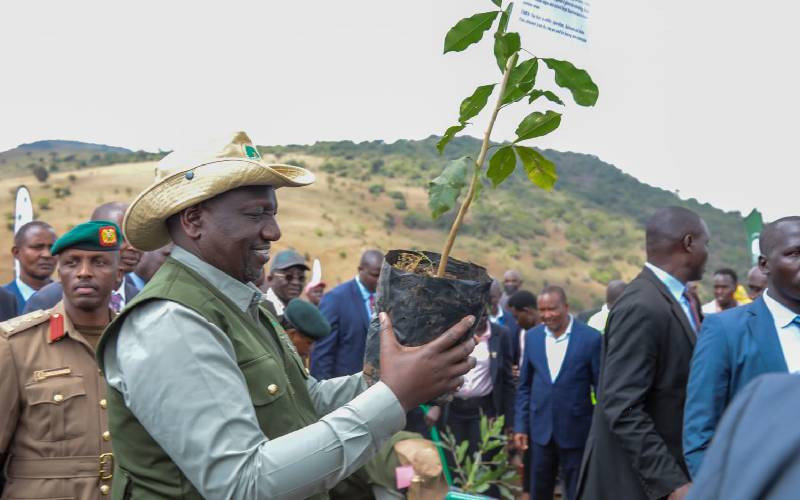×
The Standard e-Paper
Smart Minds Choose Us

President William Ruto celebrated his 56th birthday on December 21, which also marked his first 100 days in office and 30th wedding anniversary.
The president also chose this day to launch the national tree-planting campaign. This programme has been heavy on his lips as a replacement for the abolished Kazi Mtaani initiative by his predecessor Uhuru Kenyatta.